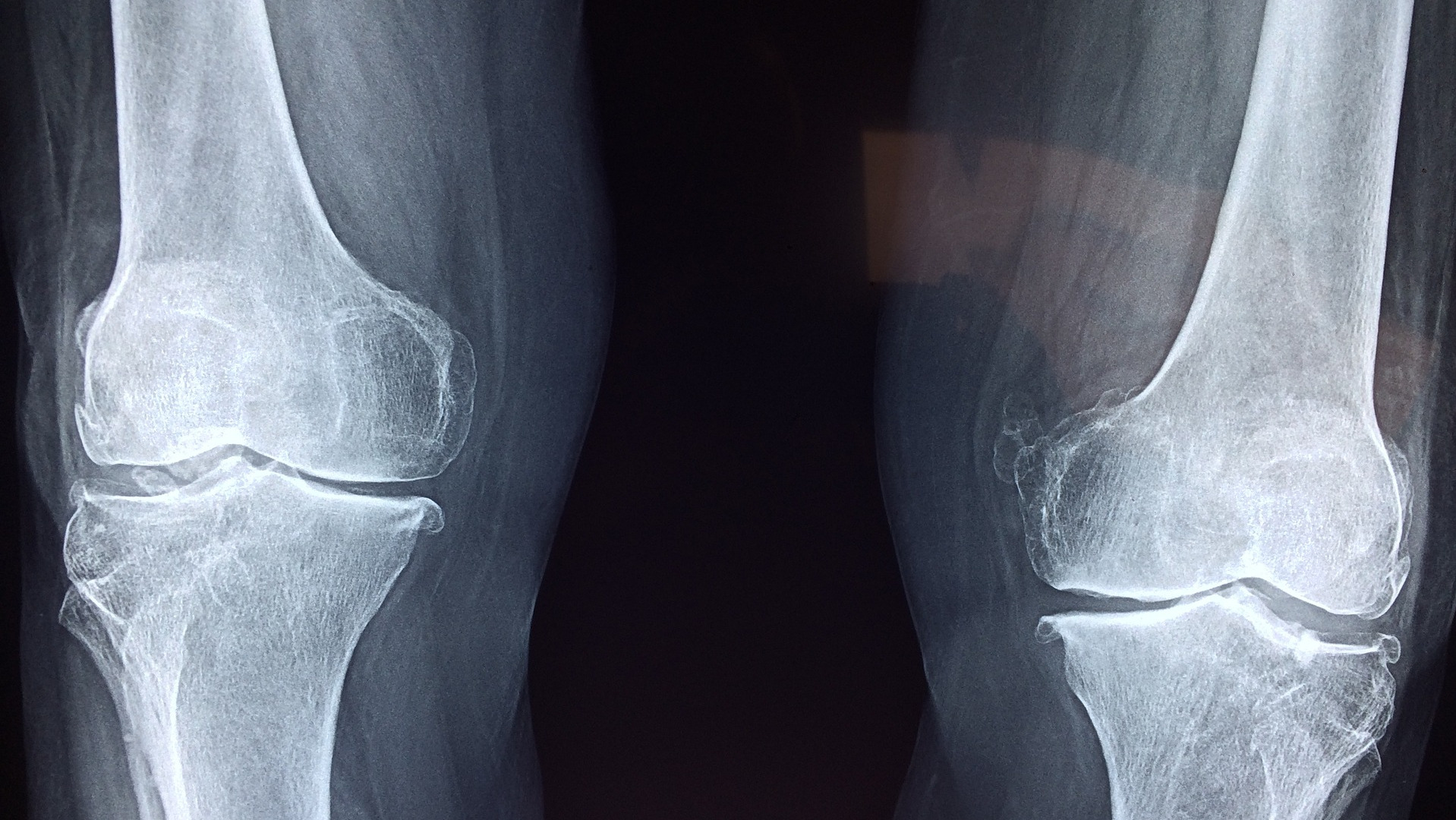Osteoporosis: Understanding the Condition to Remedy Bone Health
Osteoporosis is characterized by low bone mass and deterioration of bone tissue, leading to fragile bones and an increased risk of fractures. Commonly affected areas include the hip, wrist, and spine. This "silent disease" often progresses without symptoms until a bone fracture occurs.
Risk Factors for Osteoporosis
Several factors contribute to osteoporosis, including:
- Age: Risk increases significantly after age 50.
- Gender: Women are more prone to osteoporosis, especially after menopause, due to decreased estrogen levels.
- Family History: A genetic predisposition increases your risk.
- Lifestyle Factors: Smoking, excessive alcohol intake, and a sedentary lifestyle can weaken bones.
- Medical Conditions: Diseases like Crohn's or celiac disease affect calcium absorption.
- Medications: Prolonged use of corticosteroids can contribute to bone loss.
Diagnosis and Screening
A DEXA scan (dual-energy X-ray absorptiometry) is the standard diagnostic tool for assessing bone density. Screening is recommended for:
- Women aged 65 and older.
- Postmenopausal women under 65 with risk factors like a family history of hip fractures.
This painless test helps determine your risk of future fractures and guides your treatment plan.
Lifestyle Tips for Osteoporosis Prevention
- Quit Smoking: Smoking reduces calcium absorption and accelerates bone loss.
- Limit Alcohol: Excessive alcohol intake interferes with calcium absorption.
- Fall-Proof Your Home: Install grab bars, secure rugs, and improve lighting to prevent falls.
- Regular Check-Ups: Monitor bone density with periodic DEXA scans.
When to Consult a Doctor
Seek medical advice if:
- You experience unexplained fractures or height loss.
- You have a family history of osteoporosis or fractures.
- You're considering starting supplements or herbal remedies.
Home Remedies To Prevent and Treat Osteoporosis: A Lifestyle Approach
Osteoporosis is a manageable condition with the right combination of lifestyle changes, dietary adjustments, and, when necessary, medical treatment. By prioritizing bone health through proper nutrition, regular exercise, and avoiding harmful habits, you can reduce your risk of fractures and maintain a higher quality of life.
Managing osteoporosis often requires lifestyle changes to improve bone health and reduce the risk of fractures.
Increase Calcium Intake
Calcium is essential for bone health, and adults' recommended daily intake is 1,000–1,200 mg. Foods rich in calcium include:
- Dairy Products: Milk, yogurt, and cheese.
- Fortified Alternatives: Almond, soy, or oat milk (600 mg per 8 oz serving).
- Other Sources: Canned fish with bones (e.g., sardines, salmon), tofu, almonds, and leafy greens like kale.
Vitamin D for Absorption
Vitamin D helps your body absorb calcium. The recommended daily intake is 600–800 IU, depending on age. You can increase Vitamin D levels by:
- Getting 10–15 minutes of sunlight exposure daily.
- Consuming fortified foods like milk or orange juice.
- Take supplements if necessary, especially during winter or in low-sunlight regions.
Magnesium and Bone Health
Magnesium plays a crucial role in calcium absorption. Magnesium-rich foods include nuts, seeds, spinach, and whole grains. Supplements can also help; the optimal calcium-to-magnesium ratio is 2:3.
Weight-Bearing Exercise
Regular physical activity strengthens bones and improves balance, reducing fall risk.
- Effective Exercises: Walking, jogging, dancing, and weightlifting.
- Low-Impact Options: Swimming or water aerobics for individuals with joint pain.
Aim for at least 30 minutes of exercise three to five times weekly.
Protein for Bone Repair
Protein supports bone repair and maintenance. Incorporate lean meats, poultry, fish, legumes, and plant-based protein into your diet.
Limit Acidic Foods and Beverages
Excessive consumption of acidic foods like refined carbohydrates, soft drinks, and caffeine can leach calcium from bones.
- Avoid Carbonated Beverages: Phosphoric acid in sodas depletes calcium stores.
- Choose Alkaline Foods: Incorporate fruits, vegetables, and whole grains to maintain a healthy pH balance.
Supplements for Bone Health
Supplements can fill nutritional gaps and enhance bone density. Consult your healthcare provider before starting any new supplement regimen.
- Calcium: Choose calcium citrate or calcium carbonate. Take it with meals for better absorption.
- Vitamin K: Found in leafy greens, Vitamin K is essential for bone mineralization.
- Strontium: Some studies suggest it improves bone density.
- Other Minerals: Potassium, zinc, boron, and silica contribute to bone strength.
- DHEA: This hormone counteracts cortisol, which can accelerate bone loss.
Herbal and Natural Remedies
Soy Products
Soy contains isoflavones that mimic estrogen and may help balance hormone levels in postmenopausal women. Aim for 40 mg of soy isoflavones daily from soy milk, tofu, or edamame.
Black Cohosh
This herb has been studied for its potential to prevent bone loss in postmenopausal women. Take 20–40 mg of black cohosh extract twice daily.
Dandelion Tea
Rich in minerals like calcium and magnesium, dandelion tea may help support bone density.
Medical Treatment Options
Medical treatments may be necessary if lifestyle changes and natural remedies are insufficient. Options include:
- Bisphosphonates: Medications like alendronate and risedronate slow bone loss and reduce fracture risk.
- Hormone Replacement Therapy (HRT): Suitable for postmenopausal women, HRT helps maintain bone density but carries potential risks.
- Selective Estrogen Receptor Modulators (SERMs): These mimic estrogen's protective effects on bones.
- Parathyroid Hormone Analogues: Stimulate new bone growth in severe osteoporosis cases.
- Denosumab: A monoclonal antibody that prevents bone breakdown.



